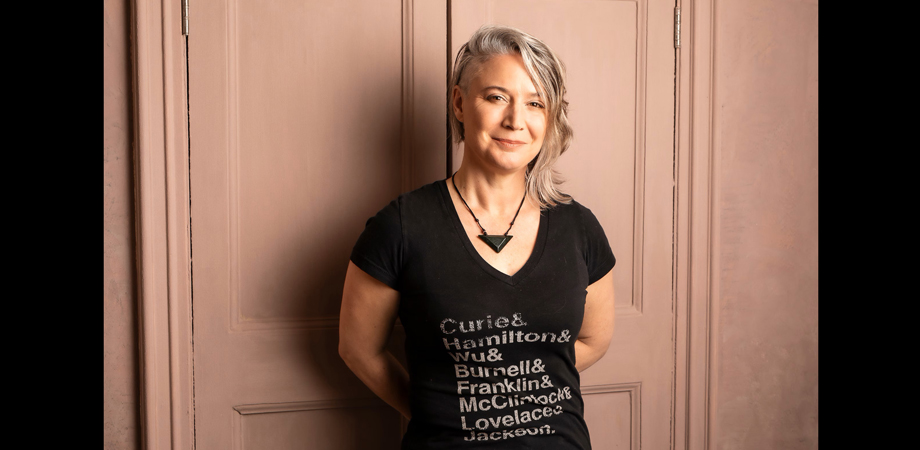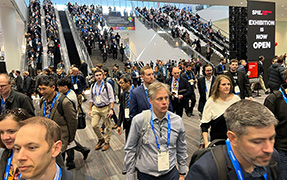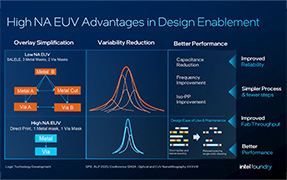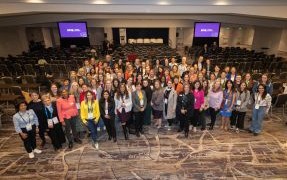Heralding — and navigating — the radio-astronomy renaissance

“Astrophysics was my gateway drug to playing with instruments and problem-solving big toys,” says Jessica Dempsey of ASTRON and Radboud University. “I love building discovery engines. And being offered the opportunity to build them in remarkable places, such as Amundsen–Scott South Pole Station in Antarctica, set me on the path to a career in astronomical instrumentation and telescopes. The rest has just been an adventure I am making up as I go along.”
What are some of your responsibilities as ASTRON Director and Radboud University's Ethics in Astronomy Professor?
At ASTRON, I am privileged to work with a team that is unparalleled in end-to-end expertise in low frequency radio astronomy, from development, construction and operation of radio astronomical instrumentation and telescopes, including LOFAR, the world’s leading low-frequency observatory. I work with world-leading scientific teams, harvesting these formidable data sets to probe the furthest frontiers of the invisible universe.
At Radboud, well, it’s an entirely different frontier. Astronomy ethics has not yet been developed into a fully-fledged field, but it’s long overdue. We have pieces of the puzzle, mostly in scientific-research ethics, but in my experience, particularly with the colonization — previous and current — of astronomy and the climate/resource impacts, we have not critically explored the ethical frameworks we now desperately need to navigate how we impact our communities, our society, and our footprint on the planet. There are exciting potentials to explore from other fields and from non-Western knowledge systems that can make our science stronger and more diverse, as well as from a foundation of community engagement, and ethical frameworks.
What do you see as the most important aspect of your work at ASTRON at this time?
We need to navigate the upcoming radio-astronomy renaissance: how do we keep up with the data needs of these huge but incredible observatories, and how do we balance the resource requirements with the needs of both our science community and our societal obligations?
Radio astronomy right now has a high complexity level and needs expertise. We must ensure we lower the barriers of access to astronomy and create broader opportunity for a more diverse community. We have happy problems — too many exciting things to do and not enough time or resources. So we need a less wasteful education and workforce-development pipeline. At some point, we hit now (new?) economies of scale: if we cannot do everything, we must align together and select the right instrument priorities.
What is most exciting/surprising about your work? What are some of the challenges?
Coming back to low-frequency astronomy after a decade and more away, this field is entirely transformed — I felt like I was going back to school, which has been so much fun. It is mind-boggling to me the new scientific areas being explored. LOFAR and SKA are discovery engines in every sense, and the technology evolution in the last years is equally astonishing.
Our problem is too many wonderful new radio astronomical infrastructures and too much data. We are moving into a new paradigm where the limit on our science is not hours available on sky, but the cost and time of data processing and storage. We need to navigate this transition in a way that still allows us to push the astronomy frontiers but is still affordable and sustainable.
You’re committed to inclusive astronomy. What are some of the ways you advocate for diversity? And what can other institutions do?
Prioritize inclusion, not just diverse hiring. Inclusive practice is about working to retain and value all the perspectives in your organization, and place more concentration on supporting and developing your minority voices. If you create a truly inclusive organization, the diversity comes naturally, as you create a place where people know they are valued. Get your house to be a safe place. Then you can move to promoting diverse recruitment, confident that your new team members will have a good experience when they arrive. Then they stay and it becomes self-supporting.
What do you see as the future of astronomy? What would you like to see?
If we take a leadership role in community-driven science, we all win. Starting with evolving our astronomy organizations to better reflect the demographics of the communities we reside in and tuning our priorities to align them, we make astronomy a pathfinder for not just understanding our place in the universe, but how the field can bridge the widening divides in our society. Our technological advances, if aligned with the critical needs of climate solutions, can pave the way for hope in green scientific futures as well. We need to make sure astronomy is relevant to the evolving and urgent needs of our communities.
What would you like attendees to learn from your talk at SPIE Astronomical Telescopes + Instrumentation?
I am excited to lay out the imminent radio-astronomy renaissance and geek out over the technological marvels that these incredible discovery engines are going to be. And I want to pose some challenging questions regarding the data deluge that is accompanying this revolution. Can we afford our scientific frontiers? And can we promise the next generation of young astronomers more: can the observatories of the next decade be more ambitious and promise truly green PhDs, zero-waste astronomy, carbon-negative astronomical infrastructures, and a commitment to harnessing our cutting-edge technology advancements for our critical climate challenges? I believe we can do all of this and retain our marvellous astronomical discovery space while we do it.
| Enjoy this article? Get similar news in your inbox |
|



